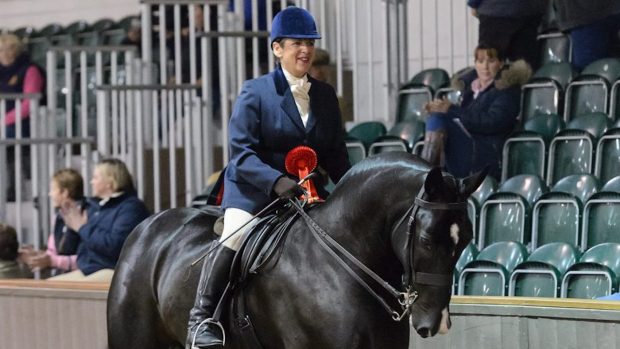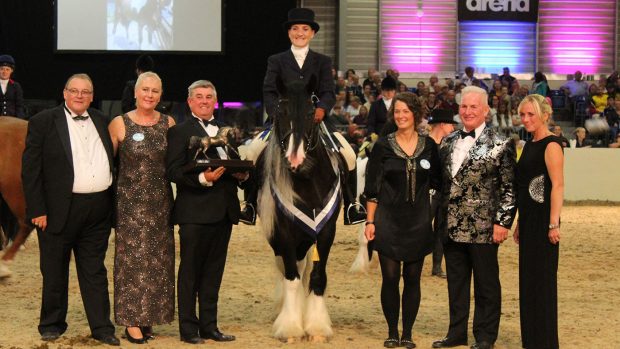Judges’ insurance, heavier penalties for dope-testing cases and a three-year strategy plan to continue the increase in membership and horse registrations were highlighted at the British Show Hack, Cob and Riding Horse Association annual general meeting.
Chairman Brian Williams said that the association’s board had made insurance cover for judges at affiliated classes, but stressed that the judges themselves had a responsibility.
“Insurance is only as good as the person it is meant to cover, so you have to comply with the conditions of the cover as far as taking reasonable risk is concerned,” he said. “Judges must take reasonable care for their own safety: it may be that an insurer will say that if you are dislodged from a horse you’re judging, then to get back on is not taking reasonable care.”
Earlier this year, the association announced that it would carry out random dope testing at a number of shows. Mr Williams said that the 2005 rules include the maximum standard penalty doubled to £1,000 and that if a special tribunal had to be held, it could be £3,000 instead of the previous £200.
He said that the year got off to a bad start when professional showman David Tatlow predicted in Horse & Hound that the association would “self-destruct”, but that this had been proved wrong. Instead, membership increased from 1,208 to 1,393 and horse registrations from 820 to 933.
A sub-committee of board and non-board members, headed by Sue Rawding, is drawing up a three-year strategy plan. Mr Williams said that issues being considered included increasing membership, such as by targeting riding clubs, and setting up regional or area committees.
Regional instructional workshops and ways of getting more and younger people appointed to the judges’ panel were also being looked at.
Following the successful judges’ assessment day this year, when 22 “high-quality” candidates applied, there will be a 2005 seminar aimed at panel and probationary judges and potential candidates.
A suggestion that the minimum age for membership should be lowered from 15 years to 14 met with a mixed reaction from the floor. Although this had yet to be decided, the general feeling was that younger riders had plenty of opportunities through other organisations and that there could be risks if 14-year-olds were allowed to ride potentially strong horses, particularly cobs.
It was also suggested that care must be taken to ensure that the new “large cobs” remain true to type and that there should be more classes available to them, such as side-saddle and workers.
The association’s president, Walter Gilbey, spoke on the thorny issues of levies, passports and life height certificates.
“I personally deplore the system of levies in respect of HOYS and the Royal International and know I am not alone in this,” he said, adding that attempts to find acceptable alternatives had so far been unsuccessful.
Mr Gilbey said that with passports a fait accompli, attempts had been made to get the association appointed as a passport-issuing organisation to save members the problems of duplicate registrations. So far, this has not happened, but he hoped that a recent meeting with DEFRA and continued determination would succeed.
There had been great discussion on life height certificates meaning for life and being unchallengeable, said Mr Gilbey.
“I personally very much hope that a satisfactory way of achieving this will be found,” he added.
|
||
 |
||


 Get up to 19 issues FREE
Get up to 19 issues FREE TO SUBSCRIBE
TO SUBSCRIBE 



